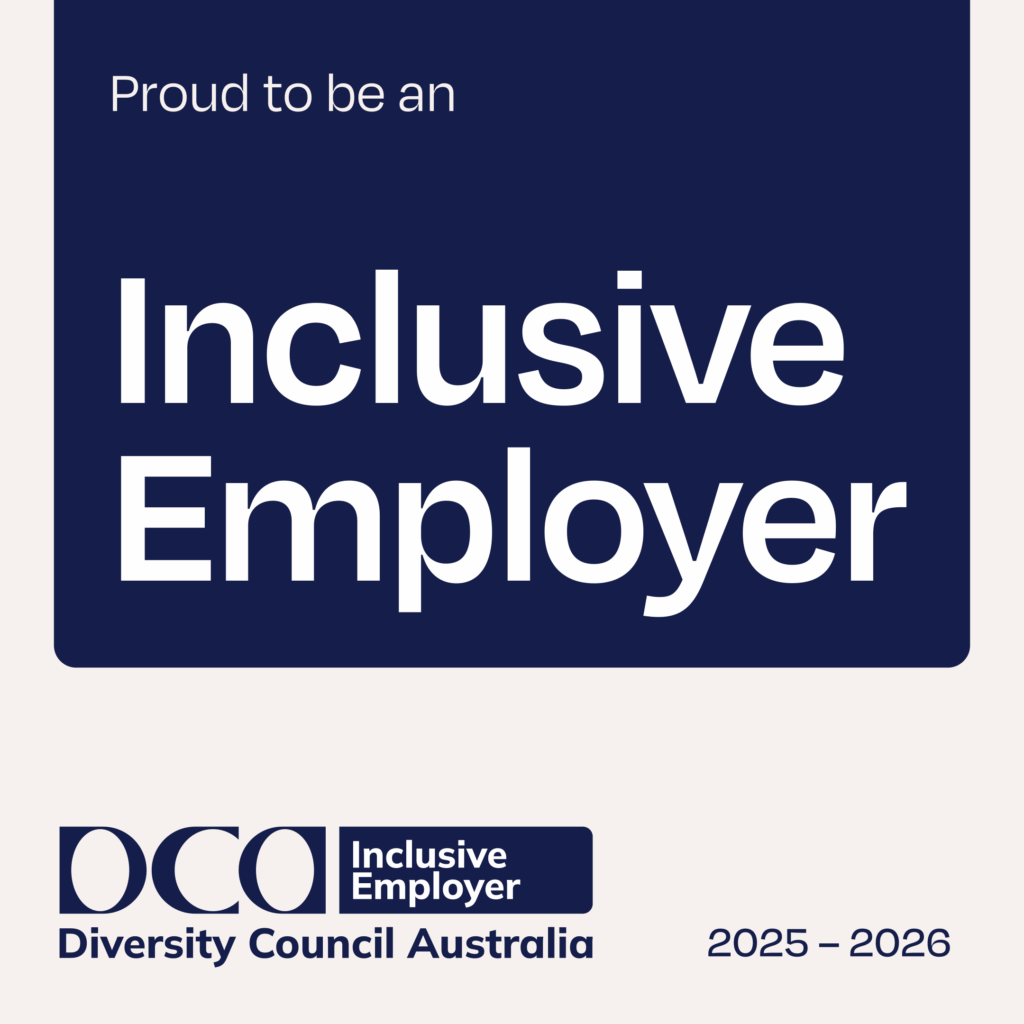The Federal Government’s Secure Jobs Better Pay Bill has been passed by Parliament following deals with the Greens and Independent Senator David Pocock in the Senate.
Editor’s note: This article was updated on Friday, December 2 after the Bill passed Parliament.
CCIWA CEO Chris Rodwell said it was a deeply disappointing outcome that will negatively impact jobs and businesses.
“While some of the amendments accepted by the Government reflect business concern, they don’t go far enough,” he said.
CLICK HERE FOR RESOURCES & ADVICE ON THE IR BILL
Some of the changes to the previous iteration of the Bill include:
- an increase in the employee threshold applying under the small business exemption from single-interest authorisations from 15 employees to 20 employees;
- an increase to the minimum bargaining period from six months to nine months;
- new safeguards for businesses with 20-50 employees to empower them to exit single-interest authorisations;
- a new “reasonable comparability” threshold under the common interest test;
- a change to the right of unions to veto agreement terms and conditions to allow employers to argue that their consent is being unreasonably withheld;
- a carve-out of civil, as well as residential and commercial, construction from all streams of multi-enterprise bargaining;
- a new power for the minister to declare an industry or occupation eligible for the supported bargaining stream; and
- changes to the proposed amendments to the Better Off Overall Test (BOOT) and the creation of an enforceable right to request unpaid parental leave.
The Bill still includes multi-employer bargaining provisions, which means small businesses with more than 20 employees can be forced to adopt workplace arrangements and pay rates that they had no role in negotiating.
Competitors can still be forced to bargain together, and employers and employees who both want to negotiate their own enterprise agreement will still have no avenue to exit an ill-suited, one-sized-fits-all multi-employer regulation.
Other changes include:
- The inclusion of gender equity and secure work in the Objects of the Fair Work Act;
- The ability for the Fair Work Commission to decide on whether a business must grant a flexible working request;
- A two-year limitation on fixed-term contracts (including extensions);
- Changes to the Better-Off Overall Test (BOOT); and
- Increased avenues for arbitration during the enterprise agreement-making process.
CCIWA was in Canberra this week to make strong representations on the impacts of the Bill, including meeting with key ministers on how the changes will work in practice, and to understand how it will apply to businesses.
Workplace Relations Minister Tony Burke told media on Sunday that for small businesses with up to 50 staff, the legal onus will be on unions to convince the Fair Work Commission that multiple employers have a “reasonably comparable” business under the common interest test.
The reverse onus would apply to larger businesses, where employers would have to prove they were not reasonably comparable.
For practical advice and resources see cciwa.com/advocating-for-change/ir-reform-bill/, or contact our Employee Relations Advice Centre (08) 9365 7660, or via [email protected].













